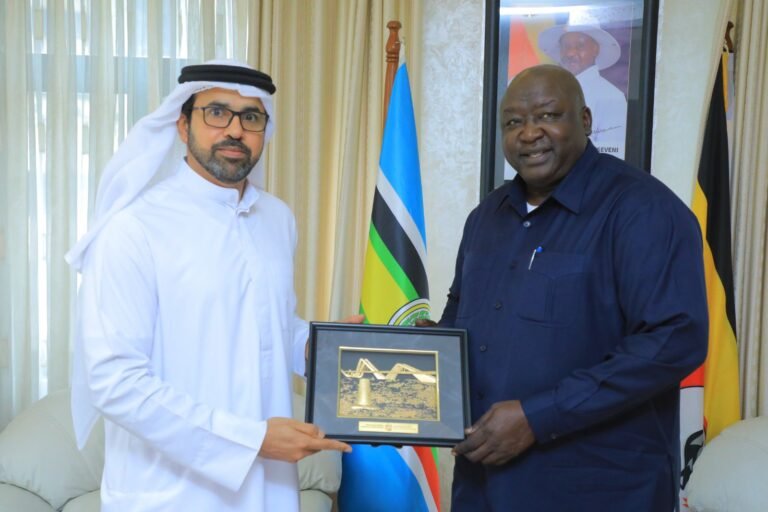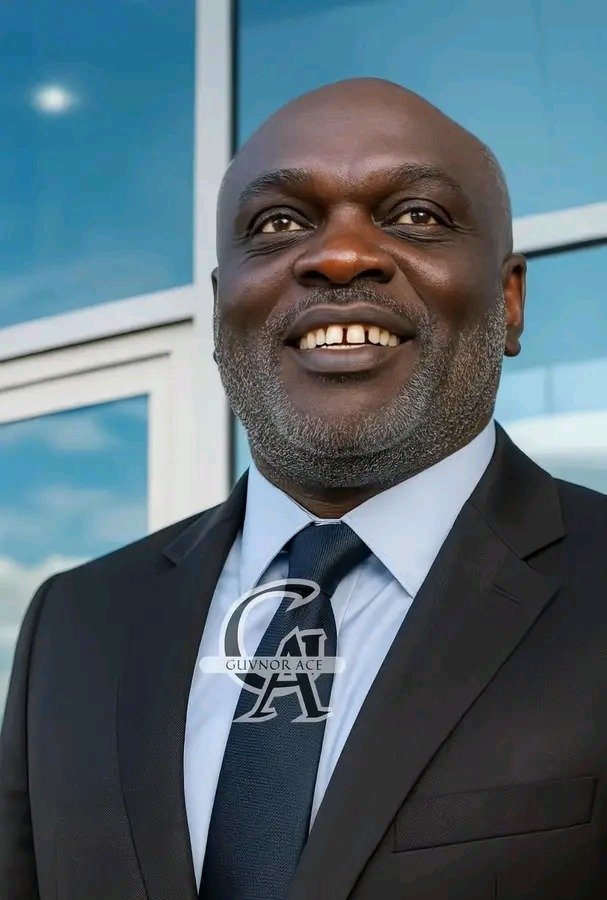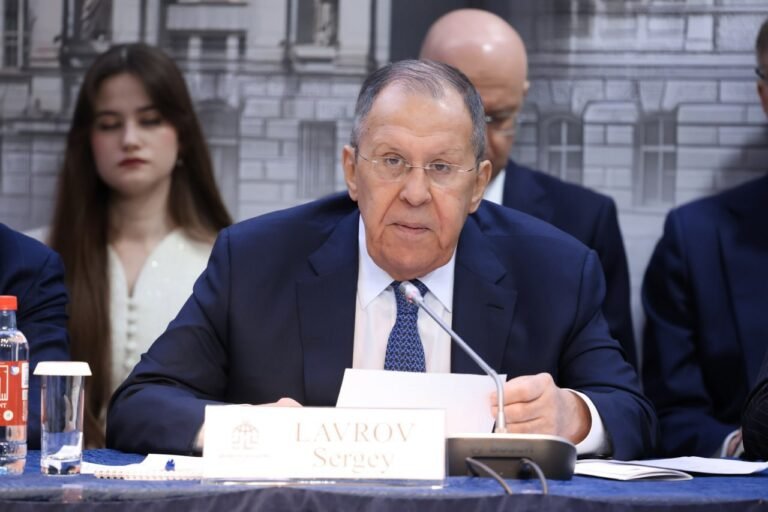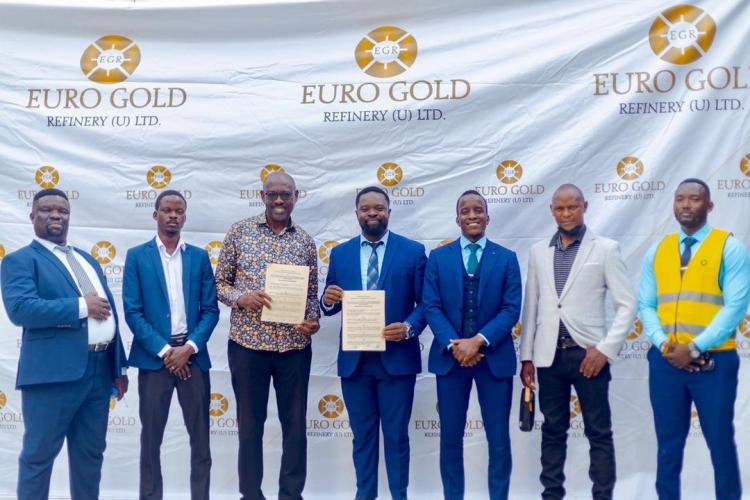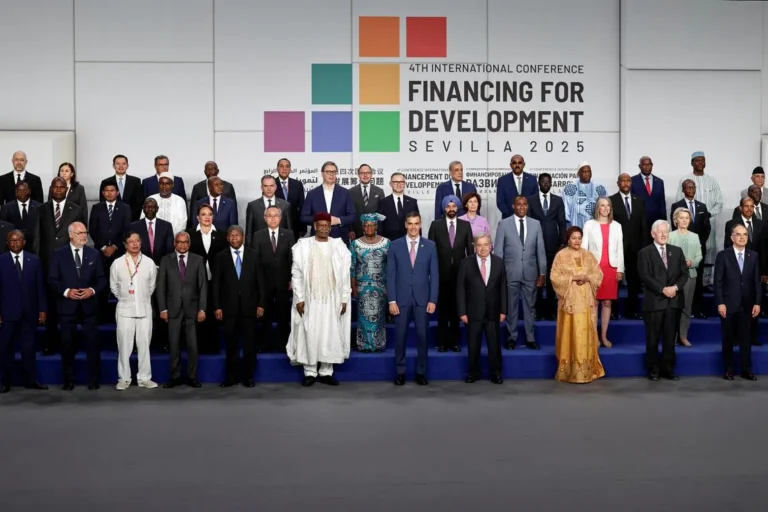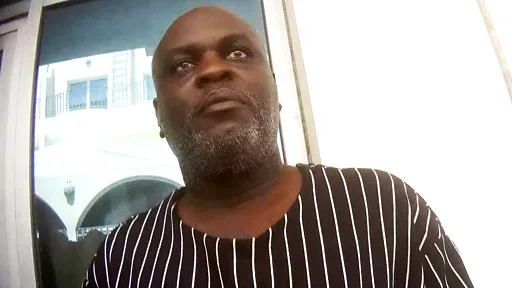
DUBAI – A BBC investigation has uncovered a degrading sex-trade ring operating in Dubai’s most glamorous districts, run by a man identified as Charles Mwesigwa, who exploits vulnerable young women from Uganda.
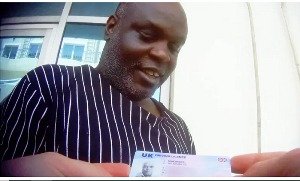
The investigation, conducted by BBC Eye, reveals a dark reality behind rumors of wild sex parties in the United Arab Emirates emirate. Mwesigwa, who also goes by the name Abbey and claims to be a former London bus driver, told an undercover reporter he could supply women for sex parties starting at $1,000 per person, adding that many are “open-minded” and can do “pretty much everything” clients request.
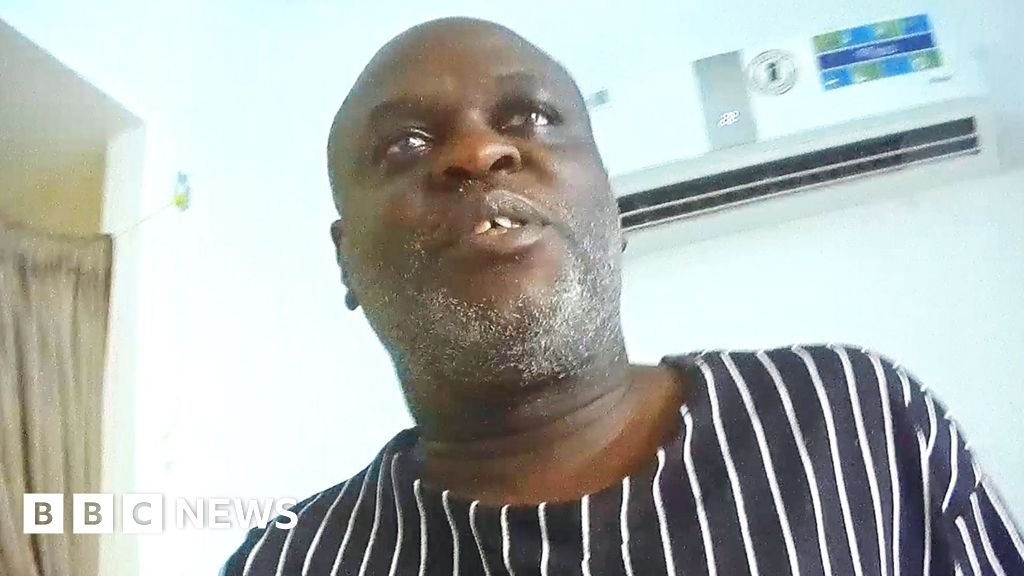
The report details allegations far more severe than the speculative content linked to the viral TikTok hashtag #Dubaiportapotty. Multiple women, who spoke to the BBC under pseudonyms, described being tricked into traveling to Dubai with promises of legitimate work in supermarkets or hotels, only to be trapped in debt bondage and forced into sex work.
One woman, “Mia,” stated that clients—mostly white Europeans—often had extreme and violent fetishes. She described one regular client who pays to defecate on women. Another woman, “Lexi,” who was exploited by a different network, corroborated that “porta potty” requests were frequent, with clients offering large sums for acts including gang rape, physical abuse, and being recorded eating faeces. Lexi expressed her belief that the exploitation had a racial element, with clients specifically seeking out Black women for degradation.
The investigation also links Mwesigwa to the deaths of two Ugandan women, Monic Karungi and Kayla Birungi, who both fell from high-rise apartments in Dubai in 2022 and 2021, respectively. Their deaths were officially ruled as suicides, but friends, family, and the BBC’s findings raise serious questions.
According to sources, Monic had been arguing with Mwesigwa after refusing his demands and had found a new job, hoping to escape his network, just days before her fall. A relative, “Michael,” confronted Mwesigwa, who allegedly told him, “I have spent 25 years in Dubai. Dubai is mine… [Monic’s] not the first to die. And she won’t be the last.”
While a toxicology report for Kayla showed no drugs or alcohol in her system, Monic’s family was unable to obtain such a report. Her body was never repatriated and she is believed to be buried in an unmarked grave in a Dubai cemetery known as “The Unknown.”
The women’s stories are part of a wider pipeline connecting Uganda to the Gulf states, a huge industry driven by high youth unemployment in Uganda. Activist Mariam Mwiza says she has helped rescue over 700 people from exploitation in the Gulf, often after they were promised legitimate jobs only to be sold into prostitution.
When presented with the BBC’s findings, Charles Mwesigwa denied all allegations. He stated he is merely a “party person” who invites “big spenders” to his tables, which attracts women. He denied seeing Monic for weeks before her death and said both incidents were investigated by Dubai police.
The Dubai police did not respond to the BBC’s requests for comment on the allegations, including claims that officers dismissed calls for help from African women.
The report concludes with a plea from Monic’s family, who fear for the other women still trapped and suffering in Dubai, asking, “who is there for the girls still alive?”


